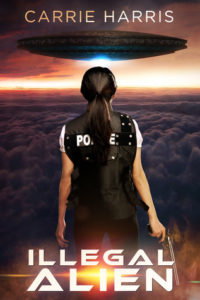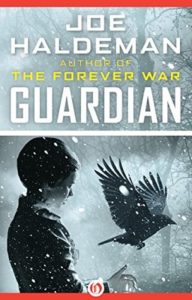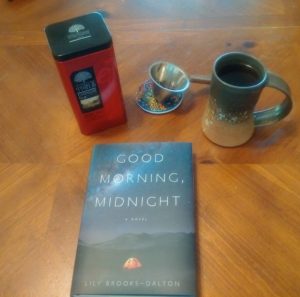 Author, Carrie Harris sent me a copy of her novel Illegal Alien.
Author, Carrie Harris sent me a copy of her novel Illegal Alien.
Description from Goodreads:
Toledo police detective Audrey Vorkink has a rep for getting things done. She might look like a middle-aged soccer mom (complete with bobbed hair), but she works hard and unwinds even harder. One night, as she’s meeting with her edgier-than-it-sounds knitting group, a hit-and-run accident turns deadly right outside the building. But something’s fishy about the missing driver, something positively…inhuman.
Audrey can run down any criminal, but what if this one’s from another planet? Can she bring the bad guy to justice? Is she going insane? Will she ever manage to get a decent haircut?
Review:
This was almost a four star book. Almost. It was a snarky, fun read. I loved that the main character was a full adult, with an adult child. You just don’t see 40ish-year-old women as leads all that often. She’s a cop and good at her job. She had female and platonic male friends. And she was appropriately skeptical when aliens came onto the scene. It’s really a great set up.
For most of the book I was leaning toward a four star rating. Four, not five, because it felt a bit too slow. I just kept waiting for the pace to pick up and it didn’t, until the very end. And it’s that ending that lost it the further half a star. The book kind of ends where you’d expect the real story to begin, leaving the reader feeling abandoned. And while that’s a great hook to pick up the next book, it feels manipulative to readers (or this reader). We’ve all become familiar with this technique, as we see it all the time in free prequel novellas to series and, though a bit too long to be a novella, it has that same not-a-stand-alone feel to it.
It’s well-written and fun. So, I don’t consider my time wasted. I do have a major gripe about the over though. I know it’s a small thing, but it annoys me. The book started with the main character being mocked for her soccer-mom bob and this became a bit of a running gag. It’s a thing in the book until she got it cut even shorter. It’s even in the blurb………So, the long ponytail on the cover is wrong. And the ship too…


 I received a copy of
I received a copy of  I won a copy of
I won a copy of